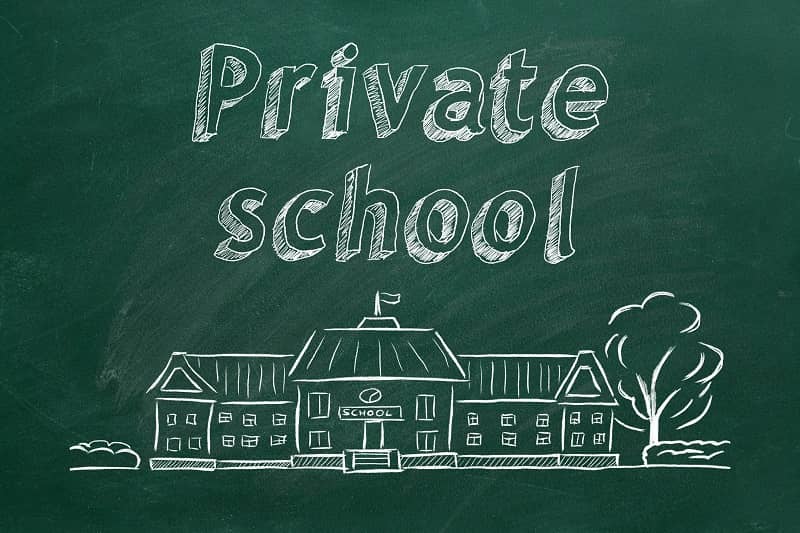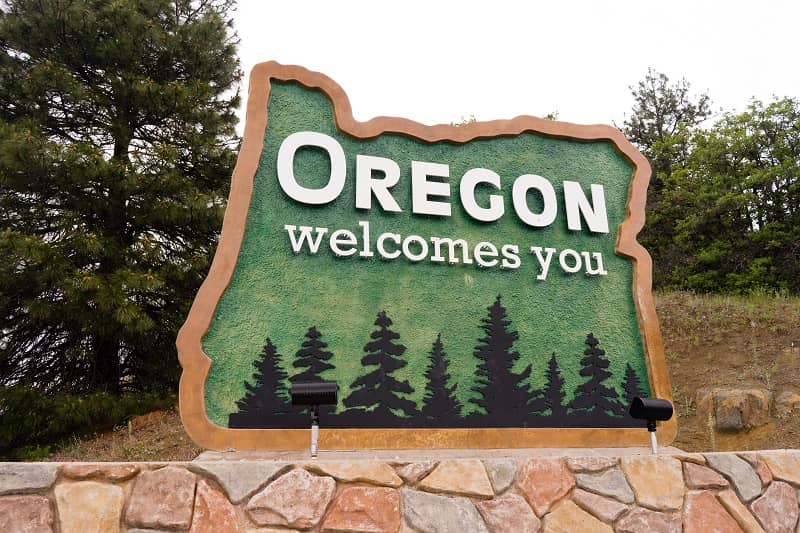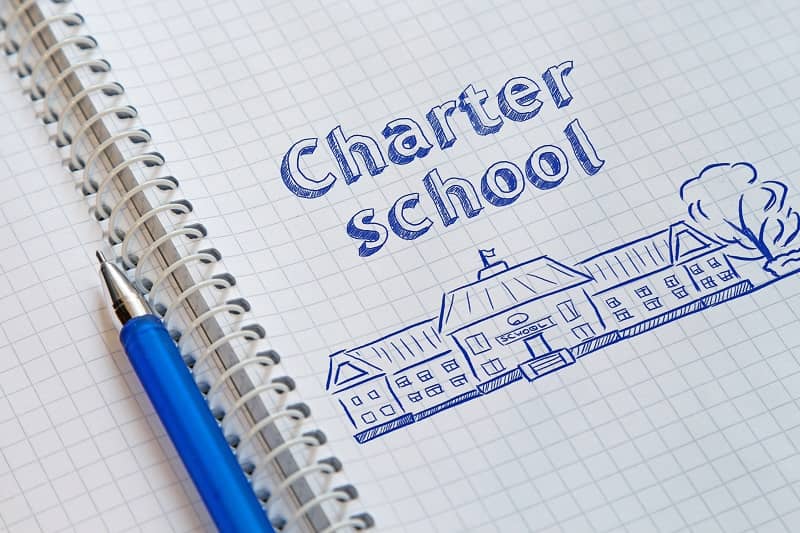

The American Beverage Association announced last week that it has worked with the William J. Clinton Foundation and the American Heart Association to develop guidelines for the sale of healthier drinks in schools. The guidelines cap the number of calories available in beverages in schools at 100 per container, except for certain milks and juices, beginning in the 2009-2010 school year.
While this is being marketed as a progressive step to reduce childhood obesity, it’s unlikely to have any effect. School sales of soft drinks are an insignificant fraction of total industry sales, which is why the industry can afford to adopt this apparently self-limiting measure. And many schools allow students to eat off-campus, where they can escape the soda police.
The “alternatives” being promoted by the guidelines, such as milk and juice, often have 120 calories or more per serving, so the result may be a net increase in caloric intake. Moreover, calories per se are only a small part of the total health picture; many parents have concerns about the artificial sweeteners in diet sodas, and there is strong opposition to the milk served in schools from raw milk proponents and those who disapprove of the use of antibiotics and bovine growth hormones in commercial milk.
The danger in this campaign is that it shifts the responsibility for proper diet and exercise from parents and students to an industry trade group. It promotes a psychology of victimhood rather than personal responsibility. This invites even greater levels of intervention in the future, such as taxes on politically incorrect food (the so-called “Twinkie tax”).
Demonizing soft drinks may be convenient, but it’s not a substitute for actual parenting.
© 2006, Cascade Policy Institute. All rights reserved. Permission to reprint in whole or in part is hereby granted, provided the author and Cascade Policy Institute are cited. Contact Cascade at (503) 242-0900 to arrange print or broadcast interviews on this topic. For more topics visit the QuickPoint! archive.











